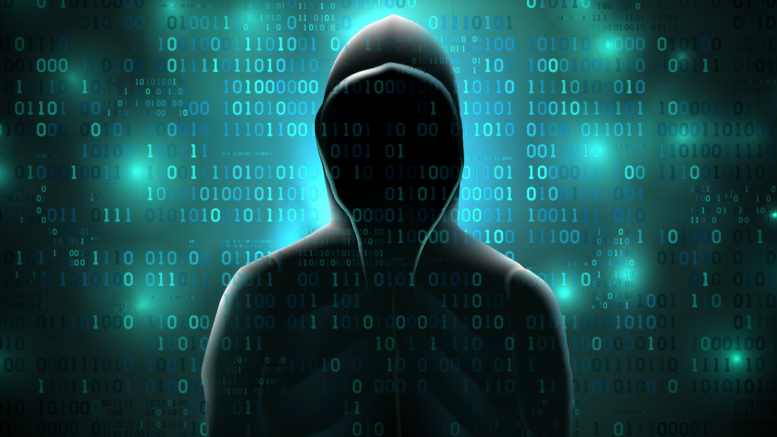It’s funny, but most folks don’t talk too much about computer viruses and other sorts of malware. At least, they don’t talk about it as much as they used to in the past. I remember when it seemed like computer viruses lurked around every corner. Most of us had overly-intrusive products like Norton 360 that slowed our computers down by quite a bit. We put up with it because we were all afraid that a rogue web site would destroy all our data.
In recent years, you don’t hear as much of that talk. It’s true that the systems put in place by companies like Microsoft and Google do manage to protect you fairly well. Google has malware scanning built into the browser, and the same protection applies if you use Microsoft Edge as well. If you have Gmail, Hotmail, or Outlook.com, you get virus scans of every email. Most major email providers do this as well. Microsoft’s monthly updates include security checks for the most common and harmful malware, and the company’s built-in Defender antivirus is actually pretty good. When you combine all of that, it’s easy to feel like you’re 100% safe and secure.
The bigger problem: ransomware at work
Since 2020, more and more of us work from home at least occasionally. It’s a way to stay productive when there’s a good reason to be out of the office. It also allows people to keep a little bit of work/life balance, perhaps staying at home when the kids aren’t at school rather than taking the whole day off.
However, we’ve all heard the stories. Big companies, governments, school districts, all brought to their knees because their servers were locked due to ransomware. Ransomware is, of course, software that corrupts your files and requires a key to uncorrupt them. You’ll get the key if you pay someone. It’s a big problem and it’s very hard for companies to fight when their employees are spread out over many locations.
I think eventually we’ll see systems in place that scan for common ransomware just the way we scan for viruses now. It won’t stop all forms of ransomware because there will always be some evolution where new stuff pops up before the software can get to it.
For now though, it’s a big deal.
There’s still one problem, and it’s you.
Think of it this way: you can have the most amazing alarm system in your home, add bulletproof glass, gates, and floodlights. None of that matters if the bad guys knock on the door and you let them in.
The same applies to computer use. There’s no system in the world that can stop the bad stuff from coming in if you choose to download something you shouldn’t. There’s no antivirus system in the world that’s perfect, and no antivirus that can’t be disabled if you try hard enough.
The best thing you can do is to be extremely cynical. Emails that look like they come from your company are easy to fake. Requests for information might seem routine. Links might seem like they are harmless. Always take a few extra seconds before replying or clicking. On a PC you can hover over a link and it will tell you where that link is going. It’s a little harder to do on mobile, which is why I simply don’t click on things in emails unless I’m super sure it’s really important.
Even smart people can make mistakes.
The smartest person I know had their identity stolen because they kept all their passwords and account information in a file on their computer called “passwords.” Someone from their company got into their shared storage, saw this file, and got what they wanted quickly. I know of another smart person whose bank account was hacked because they paid for something using an electronic check on an overseas web site. These might seem like harmless things to do, but the truth is that they’re not.
Always be smart and always be thinking when it comes to your computer security. There’s no piece of software, no image, no song that’s worth putting your personal information at risk or your company’s infrastructure at risk. It’s just that simple.
Oh by the way…
If you’re looking to upgrade your home or business infrastructure, call the experts at Signal Connect. Whether it’s something simple like faster internet or something as complex as a total failover solution and security appliances, our team can help! We have experts in our offices in Novi Michigan who are ready to listen to your needs. Call us at 888-233-7563 during East Coast business hours. If it’s after hours, fill out the form below and we’ll happily get right back to you!





